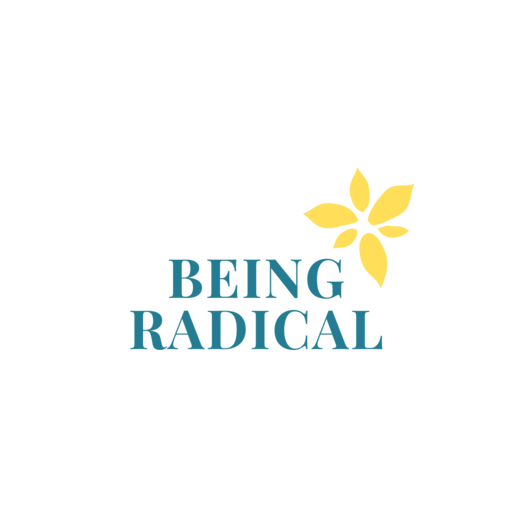I no longer play the role of the Strong Black Woman. It feels blasphemous to admit it. It almost feels like a slap in the face to the powerful figures who mothered me, mentored me, preached to me, and handcrafted the foundation I stand on today. Those Black women who seem to glide on the air as they walk and cook meals that nourish broken places. I’ve long admired these women. Yet, when I look up close I see that their strength comes with a cost. Tasked with holding up the loads of others–the Strong Black Woman is often exhausted. Forced to live under constant threat to their body, family, and livelihood–the Strong Black Woman is often angry. Faced with a lack of tangible material and emotional support–the Strong Black Woman is often lonely.
What is the Strong Black Woman Role?
The Strong Black Woman Role, also referred to as the Superwoman Role, encompasses the idea that Black women are obligated to 1) present an image of strength, 2) suppress emotions, 3) remain independent, 4) succeed despite limited resources, and 5) caretake for others. The role is rooted in American chattel slavery–a time in which Black women were forced to exhibit strength to endure inhumane conditions. Dating back to 1857, heroines like Sojourner Truth questioned the unrealistic demands placed on Black women exclaiming, “I have borne thirteen children, and seen most all sold off to slavery, and when I cried out with my mother’s grief, none but Jesus heard me! And ain’t I a woman?”
The Strong Black Woman Role remains necessary today as mass incarceration, health inequities, and racialized oppression continue to ravage Black communities. In the midst of it all, Black women strive to keep it all together by caretaking for families and leading community efforts. Spiritual beliefs in the Black church tradition also promote the Strong Black Woman role through the popular imagery of putting on the full armor of God. Empowered by a spiritually based conception of strength, Black women don the armor in order to face the onslaught of daily challenges. For instance, Black women put on their armor when they are called to put out fires in the workplace. They also keep the armor on when they experience the blow of never being called on for the promotion.
Although donning the armor equips Black women to face a series of obstacles, the weight of the Strong Black Woman role has serious consequences. Embracing the Strong Black Woman role is linked to higher rates of stress and depressive symptoms. Furthermore, the intense motivation to succeed and the obligation to help others is associated with greater physiological wear and tear on the body.
Releasing The Strong Black Woman Role
My decision to lay down the Strong Black Woman role was one of necessity. I was weighed down by achieving accolades in my education and professional career while enduring gendered and racialized discrimination in predominantly White institutions. I was burdened by the emotional labor of caretaking for a large network of family and friends. Each time I put on my full armor I realized that underneath it all–I was mentally, physically, and spiritually drained. It was time to rid myself of the script that was written for me and self-author my own.
I am not just a strong Black woman. I am a whole Black woman. My connection to my body, mind, and spirit help me to define my life. I am not just a strong Black woman. I am an emotionally balanced Black woman. I experience and express the full range of my emotions in a healthy way. I am not just a strong Black woman. I am a profoundly human Black woman. I am held by a network of loved ones who provide me with material and emotional support to weather the storms life demands.
Releasing the Strong Black Woman role requires rewriting my entire life’s conditioning. It requires embracing a spiritual practice that encourages me to embrace rest, restoration, and the experience of Divine grace. My current meditation practice, inspired by Psalm 23, involves visualizing myself lying down in green pastures and being refreshed in my soul. Overall, releasing the Strong Black Woman role requires the belief that I was meant to experience the entirety of my human experience while being supported along the way.
Self-inquiry
Grab a journal and reflect on the following questions
What is your ethnic-racial identity? Gender identity? How important are either of these identities to you?
Self-Inquiry Questions for those who identity as a Black woman:
- To what degree does the Strong Black Woman role influence you–if at all? How has adopting or rejecting the Strong Black woman role shaped your personal and professional relationships?
- How has the Strong Black Woman role impacted your mental and physical health?
- Realize that you are free to author the script to your life. Consider the upcoming week–what can you pencil in for yourself that honors your wholeness?
Self Inquiry Questions for those who do not identity as a Black woman:
- Will knowledge of the Strong Black Woman role shape how you think about and interact with Black women?
- Do you think it is important to understand the societal challenges faced by others who occupy identities other than your own? Why?
- Are there societal scripts that have been placed on you? How have those scripts served or hindered you?

